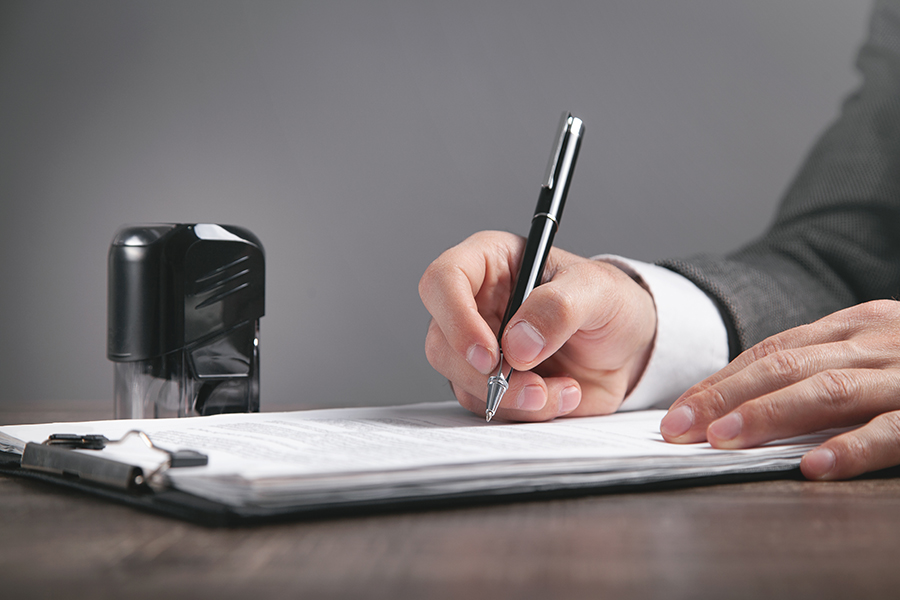A notary public is a state-authorized individual who provides legal services to the public in non-contentious matters.
They play a crucial role in verifying the authenticity of various types of documents, such as promissory notes, sworn statements, powers of attorney, motor vehicle bills of sale, deeds of trust, letters of indemnity, beneficiary designations for retirement accounts, rental agreements, copy certifications, and general financial transactions. Notarization is essential to ensure these documents are valid and legally binding.
To notarize a document, the notary public must verify the signer’s identity, witness the signing of the document, and sometimes ask the signer to swear or affirm that the facts in the document are accurate.
After completing these steps, the notary notarizes the document by signing it, stamping it with their official seal, and providing a notarial certificate. They may also record the notarization in a notarial journal as a means of maintaining a detailed record of their notarial acts.
Free Templates
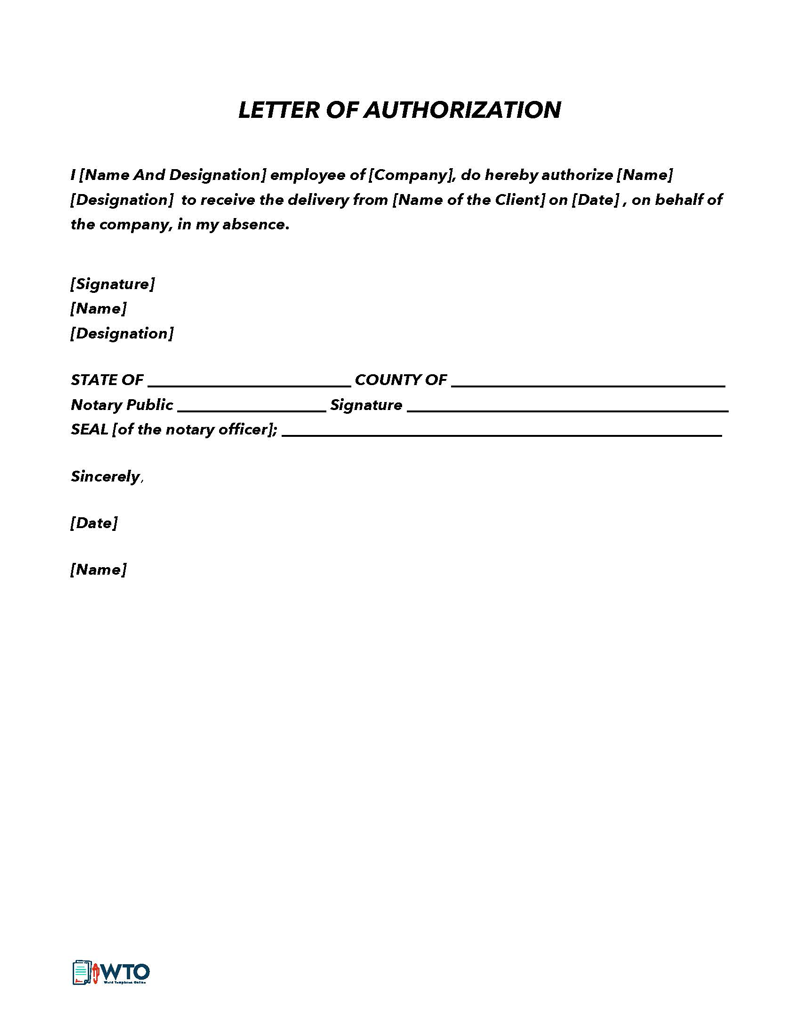
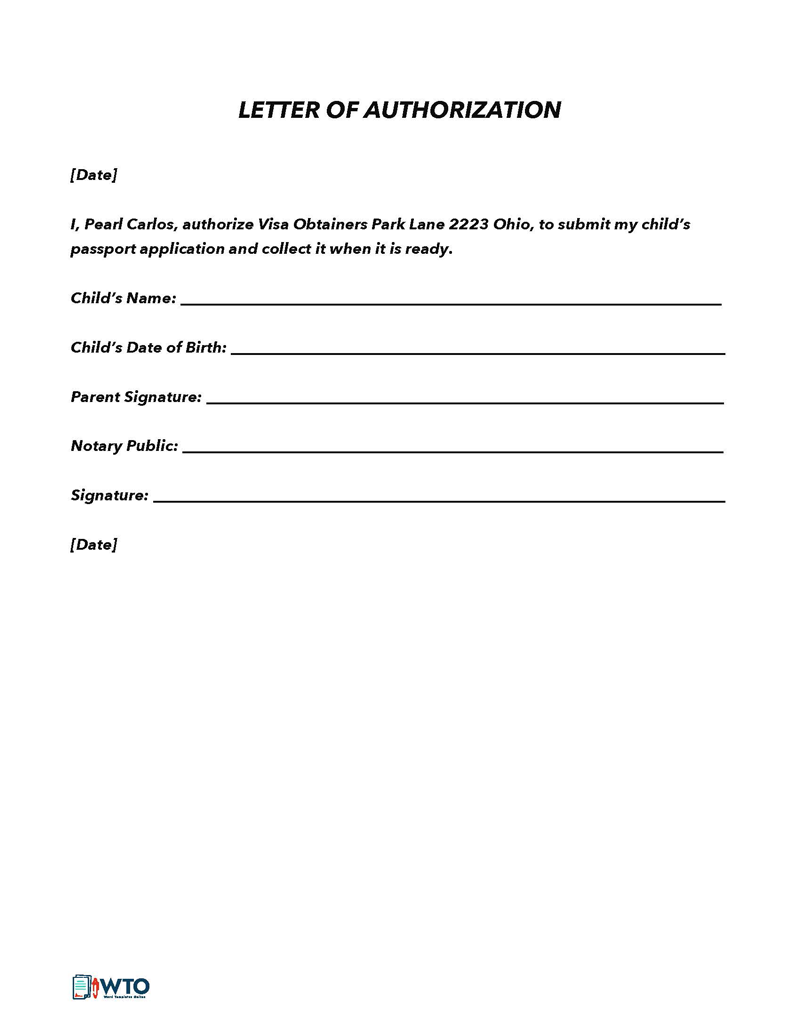
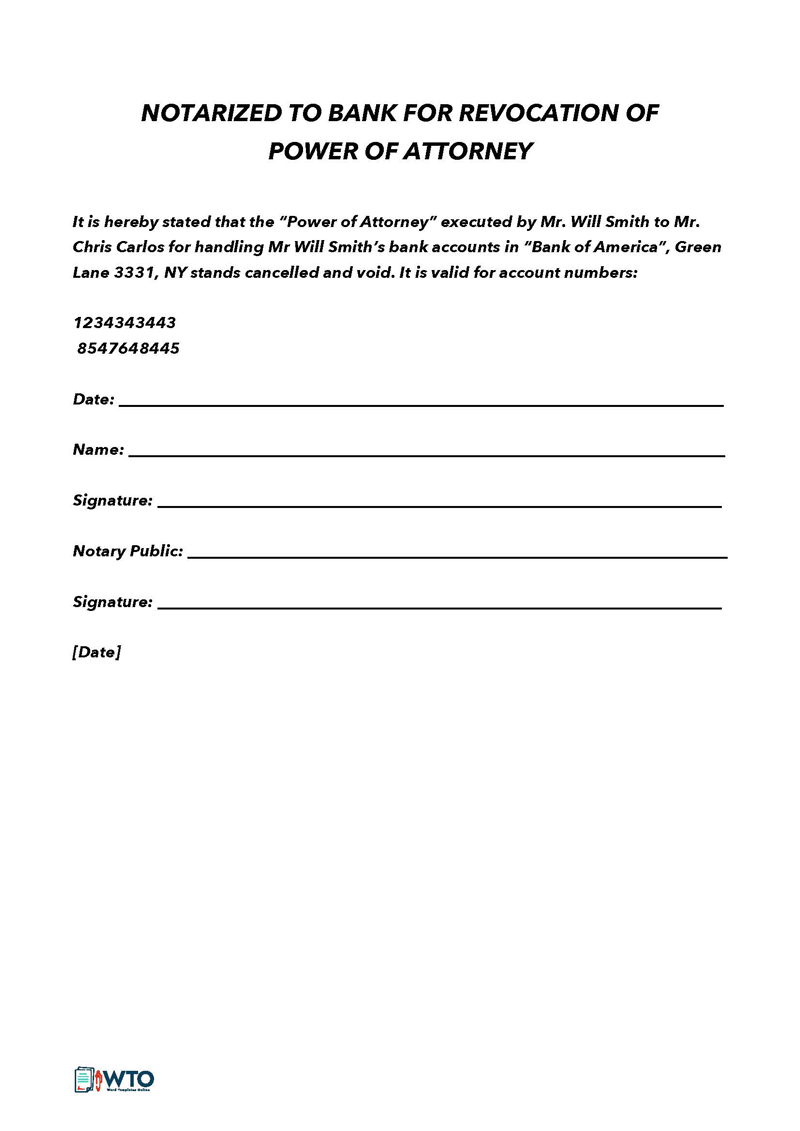
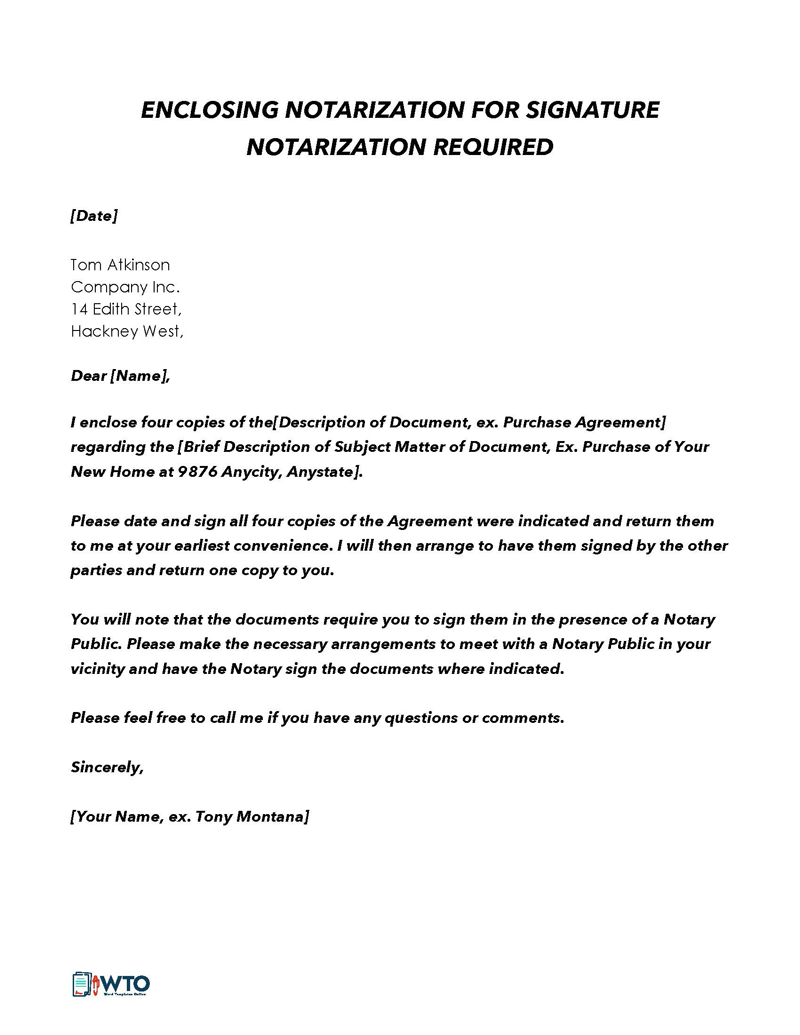
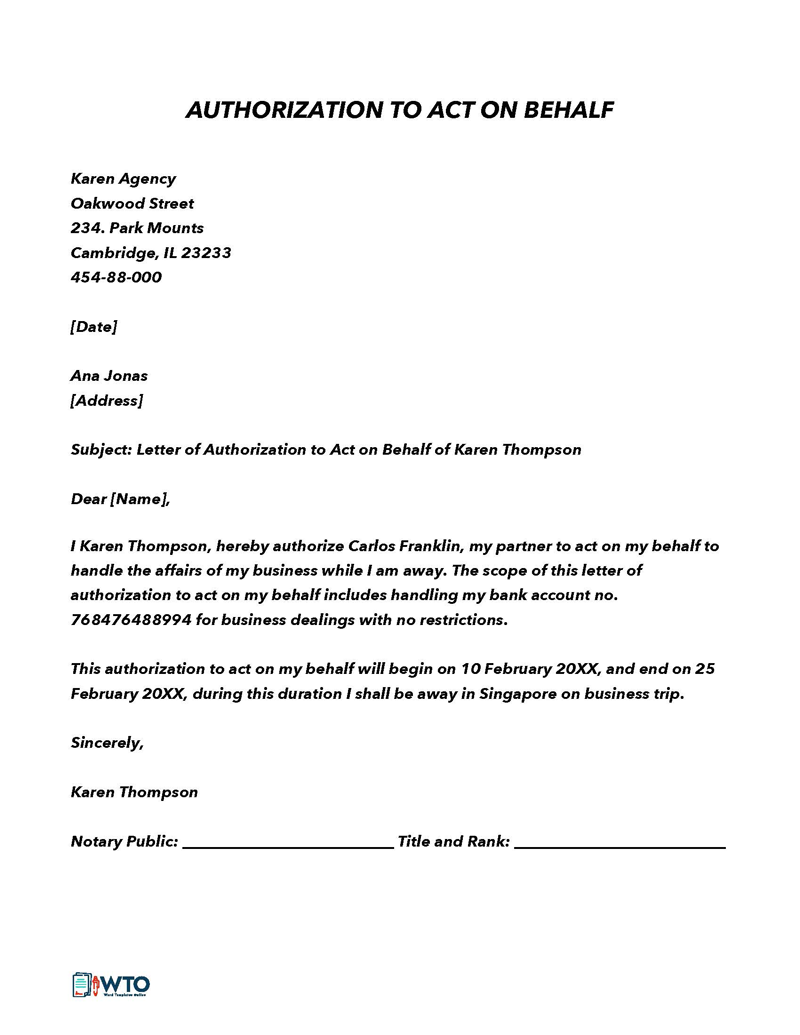
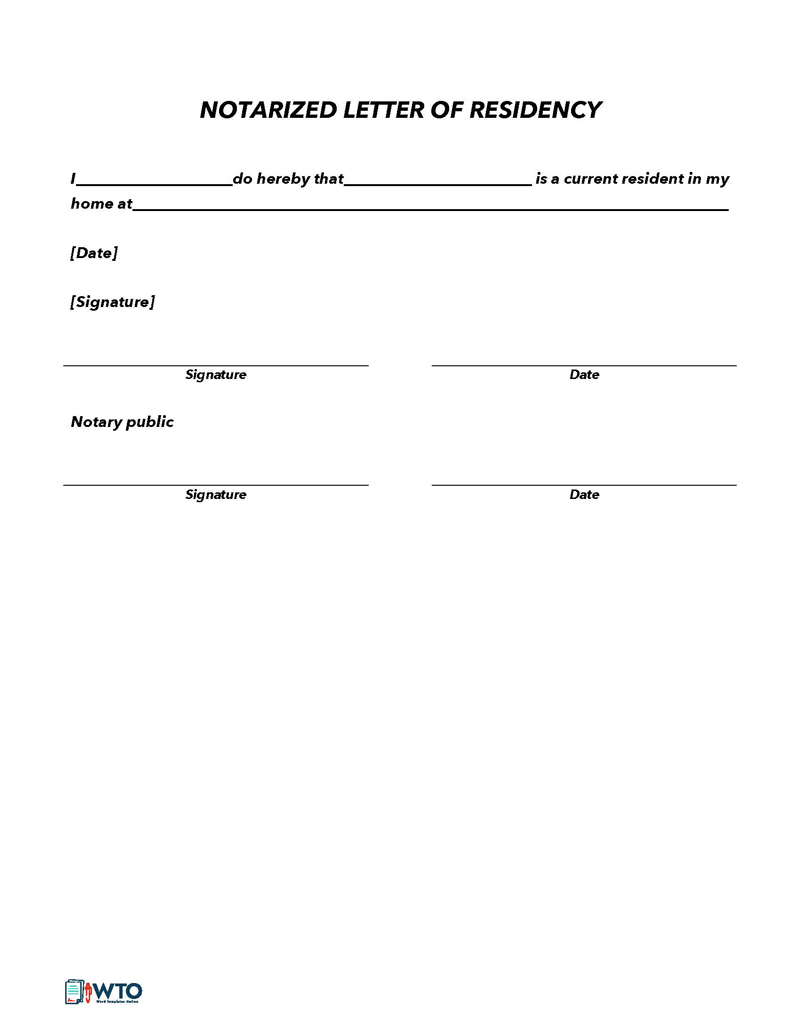
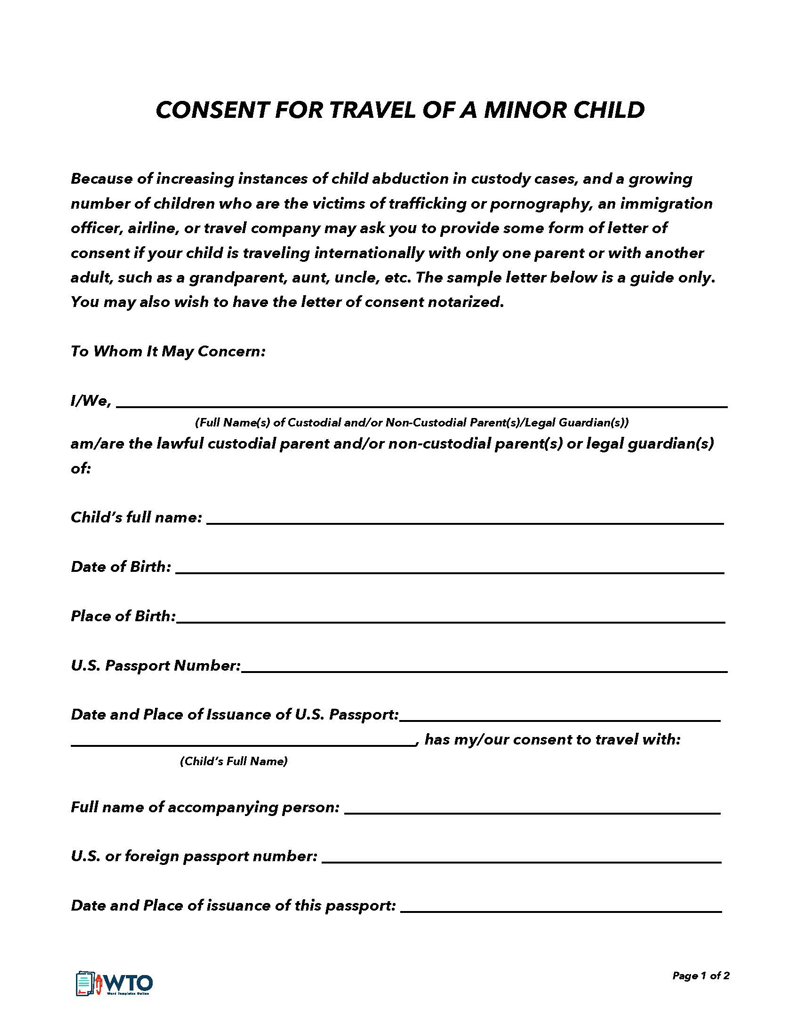
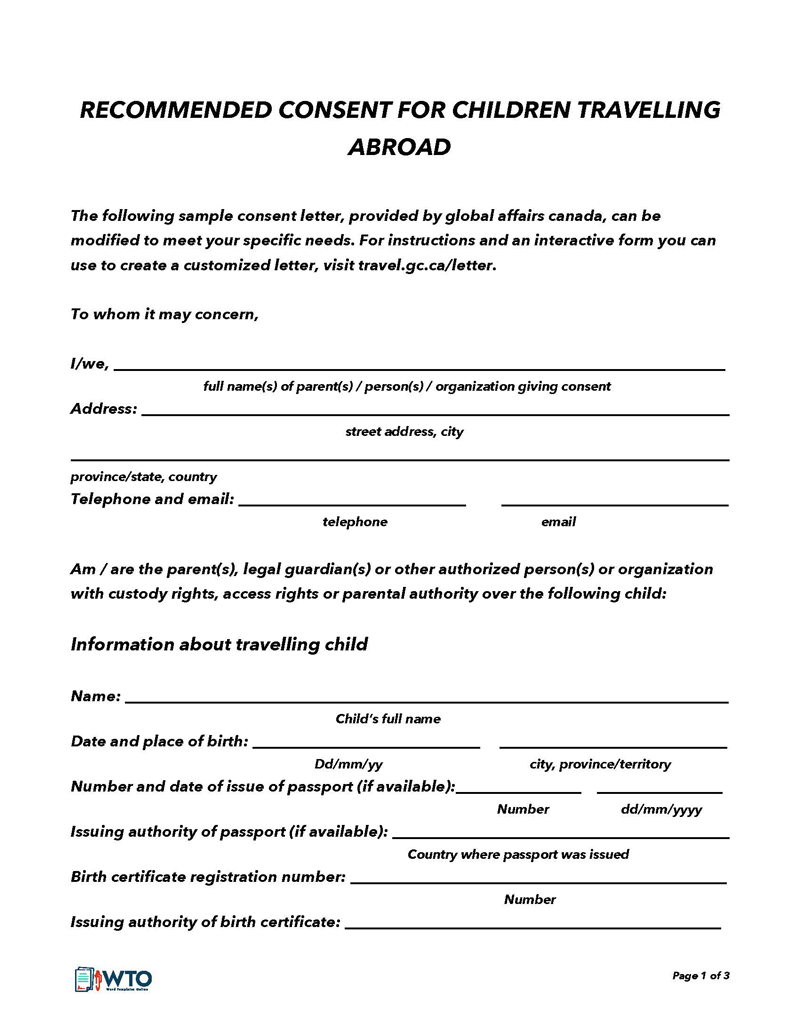
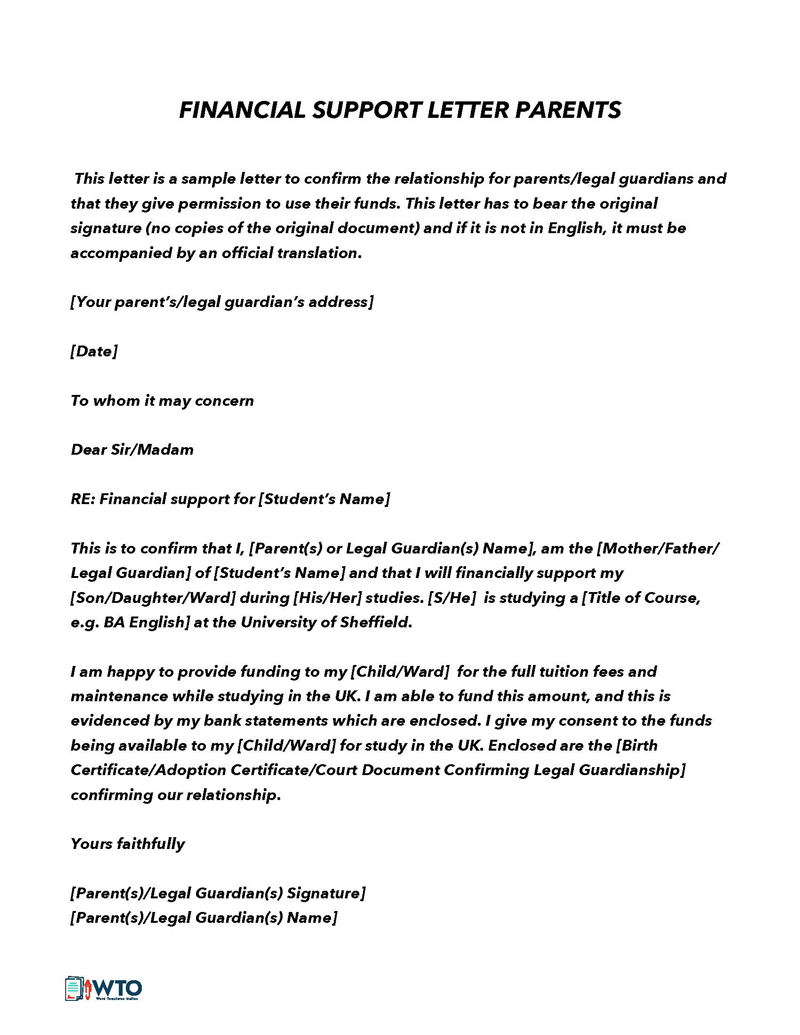
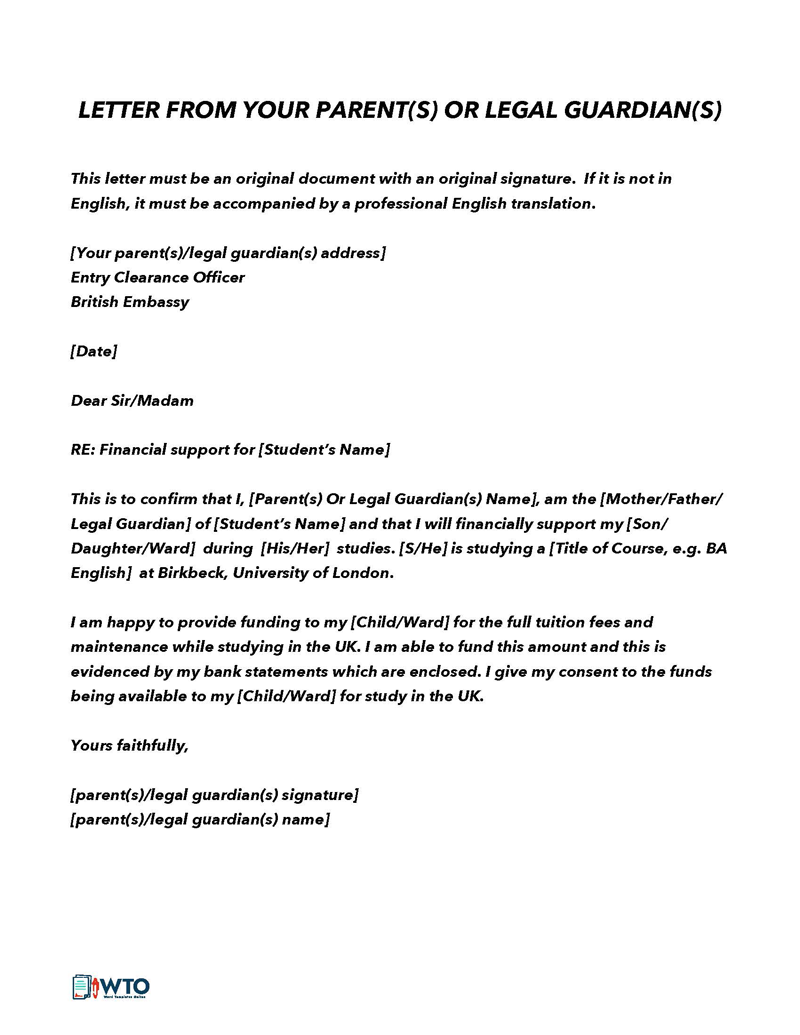
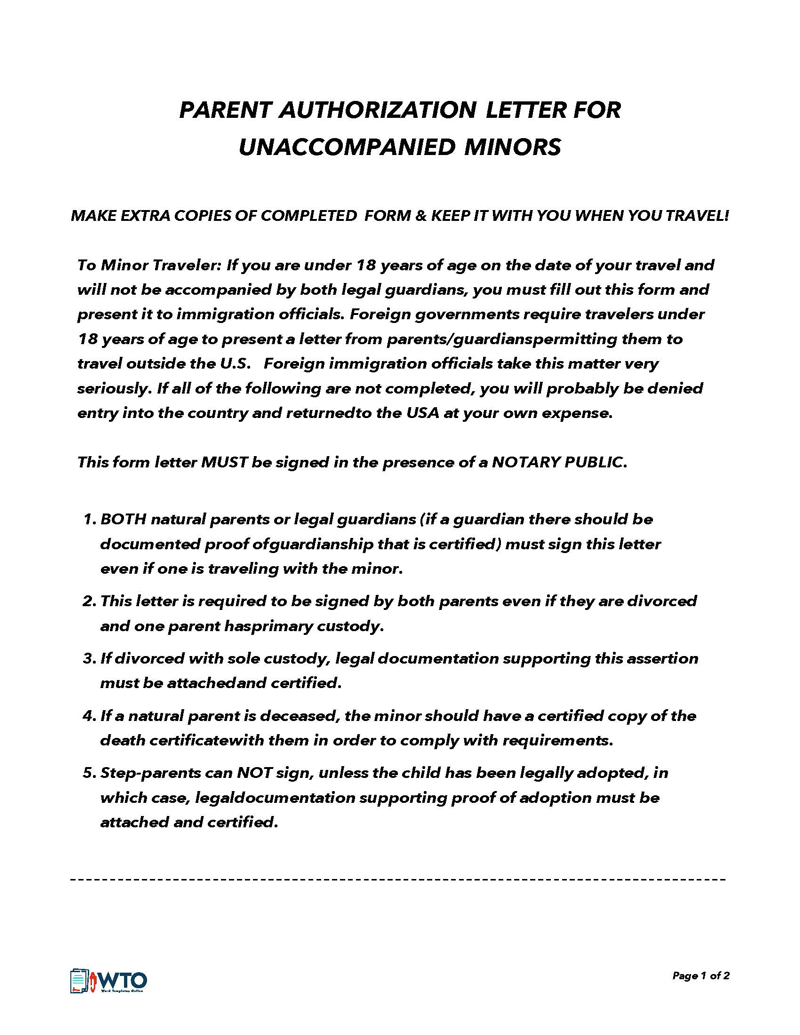
Finding Notary Public and Notarizing Documents
If you need to notarize a document, you can often find a notary public at your local bank. Banks handle many documents requiring notarization, so they typically have notaries on staff. Banks may offer free notarization services to their clients and charge a fee for non-clients. Documents that require notarization are typically those involving significant financial or legal matters that necessitate a high level of trust between the parties and those that could be used fraudulently.
In addition to local banks, you can also find a notary public using online notary directories. These directories provide listings of notaries in your area, along with their contact information and sometimes reviews from previous clients. By using an online directory, you can quickly locate a notary public near you and compare their services and fees.
This article will guide you on how to notarize a document and where to find a notary public to assist you in the process.
Understanding the Notarization Process
Notarization is a straightforward process that involves appearing before a notary public, presenting the document, and signing it in their presence.
The notary public will then stamp, sign, and date the document to complete the notarization.
Before notarization, the notary must verify your identity using a valid photo ID, such as a driver’s license or passport. They may also ask questions to confirm that you understand the document’s contents and are signing it willingly. This step is crucial because notarized documents often carry significant legal implications.
EXAMPLE
A power of attorney grants another person the authority to make decisions on the signer’s behalf in matters like property transactions.
The notary public must witness the signing of the document, and they are required to verify your identity before you sign it in their presence. Notaries take an oath to notarize only documents signed in their presence, ensuring the integrity of the process. This strict procedure helps protect the interests of all parties involved in transactions involving notarized documents.
If you have already signed a document before it is notarized, you must bring an unsigned copy of the original document and sign it in the notary public’s presence. The notary will then compare the two documents to confirm that the same person signed both versions.
Not all states require notaries to maintain a notarial journal, but it is considered a best practice. A notarial journal serves as a detailed record of the notary’s notarial acts, providing additional documentation and accountability for their work.
Types of Notarizations
There are various types of notarizations to accommodate different document purposes and contents. The following are the primary types of notarizations:
- Acknowledgment: This type of notarization is used for documents conveying the ownership of assets, such as trusts, or for other legal documents requiring the signer to acknowledge their signature. The signer appears before the notary public and declares that the signature on the document is theirs and that they understand and agree with the document’s contents.
- Copy Certification: In copy certification, the document owner appears before the notary public with both the original document and a copy. The notary certifies that the copy is a true, exact, and complete representation of the original. Copy certification is commonly used for documents like college degrees, transcripts, and passports.
- Jurat: A jurat is used for evidentiary documents such as affidavits. The signer appears before the notary public, signs the document, and asserts that the statements made within are factual and accurate.
Steps Involved in Document Notarization
Notarization is a straightforward process, but it requires preparation and finding a suitable notary for your document.
The following are the essential steps in notarizing a document:
Step 1: Prepare the document
- Fill out the necessary information depending on the document you need to notarize, leaving blank spaces for your and the notary’s signatures.
- Consider hiring a lawyer for legal documents to protect yourself from unwarranted liabilities and ensure accuracy.
- Make a copy of the document before getting it signed, as the notary may not make a copy for you.
- Share the document with other parties involved for review and any necessary changes before notarization.
- Ensure there is enough space for the notary’s signature and stamp, typically at the bottom of the document.
Step 2: Find a notary
- Conduct an online search for local notary publics in your area.
- Check with banks, financial institutions, or local government offices for available notary services.
- Look for notaries in courthouses or real estate offices, where legal documents frequently require notarization.
- Consider mobile notaries that come to your location for added convenience, but be aware of any additional fees.
Step 3: Get the document notarized
- Arrange a convenient time and place with the notary for all parties involved.
- Bring your current state ID for identity verification purposes.
- Sign and date the document in the notary’s presence, with all parties involved present.
- Sign the notary’s journal if required in your state for record-keeping purposes.
- Pay any applicable fees for notary services, though not all notaries charge fees.
Duties of a Notary
A notary public provides vital services by assessing the signer of a document and verifying whether they understand the document they are making. However, it is not upon the notary to review the document or provide legal counsel beyond verification and stamping of the document.
Duties of a notary include:
- Identity Verification: The notary needs to verify the signer’s identity to prevent fraud, given the sensitive legal and financial nature of the documents involved.
- Willing Signers: A notary should ensure the signer is signing the document of their own volition, with no signs of coercion.
- Capable of Sound Decisions: The document’s maker must be legally capable of signing the document, which includes reaching the age of majority and being of sound mind.
In addition to these duties, a notary must also adhere to their state’s notary laws and regulations. Each state has specific requirements and guidelines that notaries must follow to ensure the notarization process is carried out correctly and consistently. By complying with state laws, notaries can maintain their commission, uphold the integrity of the notarization process, and protect the interests of all parties involved in transactions involving notarized documents.
Key Takeaways
- A notary public is an individual authorized by the state to certify documents, trained to verify identities, witness signatures, and record the notarization process.
- Notarized documents are certified to verify their authenticity.
- You must leave blank spaces for the notary’s signature to get documents notarized. Any alterations invalidate the document, and the process must start anew.
- Notaries can be found at banks, law and real estate offices, courthouses, or through individual providers.
- The fees for notary services vary by state, and some states have a maximum fee that notaries can charge.
- Remote online notarization (RON) is an option in some states and for some types of documents, offering a convenient alternative to in-person notarization.
- Some documents are less formal and may allow for online notarization.


